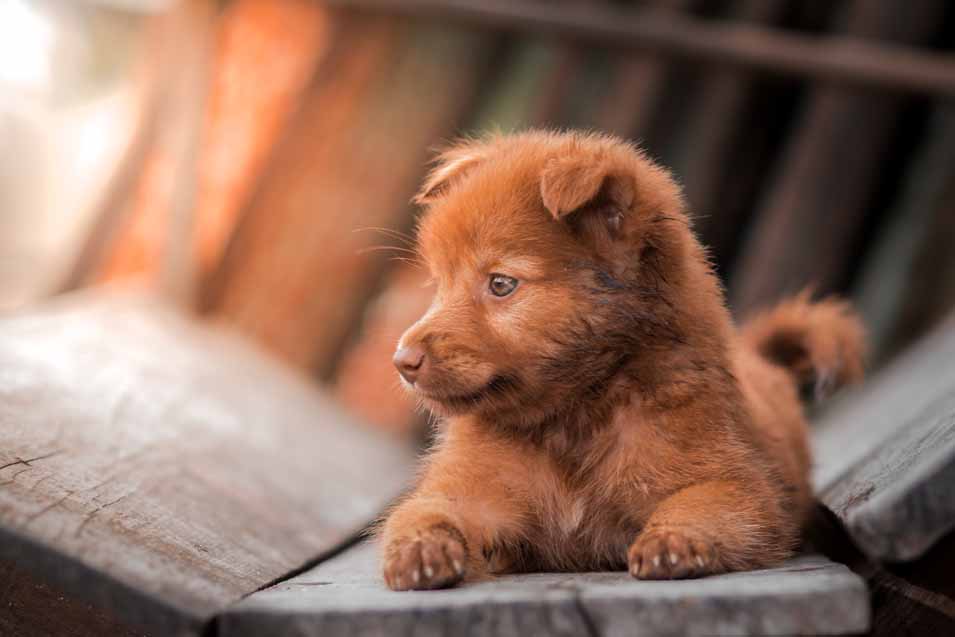Bringing your new puppy home is an experience to look forward to, especially if you haven’t had a dog before. However, there are many things to consider to make sure that the pet grows up into a healthy and happy adult dog. One of these is the way that you will interact with your new canine companion.
Some professional trainers believe that dogs aren’t really interested in pleasing their owners. In fact, many are well aware of their own interests and will act in accordance with the needs and requirements of their pet parents to get the reward they seek. That doesn’t mean that they are selfish as many times, the reward they want the most is the care and attention of their humans.
The environment that the puppy grows up in has to be peaceful and loving, but it should also provide as many opportunities for play and exercise as possible.
What does it mean when the puppy licks the pet parent?
After being away from home for several hours, you’ll notice that the puppy wants to smother you with kisses, which usually means licking your hands, face, and even your feet. This type of communication has two reasons. By licking your skin, the puppy understands how you’re feeling through the pheromones emitted in your sweat.
The other reason why this happens is that the puppy is trying to tell you just how happy he or she is to welcome you home. On the other hand, it may also be that the pet is asking for a bit of care, which in many cases, might mean that you should feed your Fido.
Both domesticated cats and dogs tend to think of their humans as members of their family. There is a well-established hierarchy within a pack, and if your pooch licks you, it’s very likely that the animal considers you the dominant dog. Submissive gestures such as licking can get them out of trouble or can ensure that the hierarchy remains the same by showing the Alpha (the human) that the lower-ranking dog is aware of who holds the power.
Creating a bond with your puppy
One of the best things about adopting a young dog instead of an older one is that the owner has the real chance of creating an unbreakable bond with the animal by making sure that socialization is done correctly. Starting a puppy the right way in life needs to be done with socialization, handling, training, as well as desensitization.
All of these, as well as the amount of time that you spend with your puppy, will eventually help you to develop a healthy relationship with your canine companion, where you both trust each other completely.
Unfortunately, there are many cases where the enthusiasm of bringing a puppy home will be everything that a future pet parent will consider. It is a good idea to assess the amount of time you have available for training your pet, but that’s not all that you have to think about. There are essential things that need to be taken care of and they range from vaccines and treatments to pet insurance, food, toys, and everything else that owning an animal and taking full responsibility entails.
Puppy angst
Molding the behavior of the young dog as per your needs can be done effectively and comfortably before he or she reaches the age of 16 weeks. It’s during this time span that the animal can be potty trained, learn how to socialize with humans and other dogs, and learn basic manners, as well as new skills.
Providing your dog with the variety and amount of physical exercise he or she requires can be a challenge for many new pet parents. It’s at this young stage that the dog will have to find various other outlets for all that extra energy, and that might mean anything from barking or digging to biting and constant chewing.
Unwanted behaviors should never be punished especially since most of the training methods based on negative reinforcements have been linked with an array of behavioral problems. Before you know it, your puppy might avoid performing any task for fear of doing something wrong. And fearful dogs are always more aggressive than their confident counterparts.
Instead, try to spend as much time with your new family member as possible. In time, even the ‘bad’ habits will be corrected, because there’s nothing that a young dog loves more than receiving your attention. Remember, you’re the leader of the pack, and it is your responsibility to make sure that all of the pack members are well taken care of and that their physical and emotional needs are met.
Reward-based training
Positive reinforcement techniques will help your canine companion to feel calm, unafraid, and completely at ease with you and the others who are sharing your living space. The puppy will be happier and more relaxed, so practicing reward-based training for short intervals will help you make sure that the animal gets lots of exercise and that all that extra energy is used up. Also, it will develop your bond.
Various studies have found that punishment and negative reinforcement are linked to an increase in the incidence of problematic behaviors.
Your puppy is adorable and loving and it is up to you to make sure that he grows up to be the dog you want in your life. The more care, attention, and affection you give to your puppy, the more you’ll receive.






